Commonlands, Providing Credit Where Credit’s Due
According to the Federal Reserve Bank of New York’s quarterly report, US secured loan balances increased by $12 billion last year, in Q4 alone. When we factor in another $50 billion for credit cards, $25 billion for retail cards and other consumer loans, it is obvious that even amid political and economic uncertainty one thing remains consistent. The lenders will lend.
Opinions range on the efficacy, morality and sustainability of this model, yet one thing cannot be disputed. Historically, and at least for the time being, our access to credit affords us a means of self-determination that is unseen in the developing world.
Since fiat currency’s adoption, credit checks of some variety have been used by lenders as a means of assessing risk. Over time these checks evolved to include reporting agencies and credit scores. Essentially, a paper trail of your financial and sometimes personal history is used to determine your creditworthiness.
It’s no secret that the outcomes of these checks are often subjectively unfair. Hardworking citizens are refused loans based on seemingly trivial data.
However, what is harder to swallow and the lingering aftertaste additionally bitter, is that for three billion people in the developing world, a bank account is not even a possibility, let alone a credit check.
Absent of government ID or other credentials that we take for granted, these people are excluded from the world of modern finance. For no crime other than being born in the wrong location they are deemed untrustworthy. Without a way to identify and therefore verify themselves, escape from this label is impossible.
Life Without Identity for Africa’s Remotest Communities
As the rising sun works its way over Africa, millions of people in the remotest, poorest regions prepare for another day. 24 dehydrating hours where basic survival is the main objective. The reward for hard work will be the ability to eat and the punishment for sickness or injury, hunger or worse.
The brutal reality of daily life on the Mother Continent surpasses the comprehension of most of us in the Western world.
Identity verification, or lack thereof is endemic in the remotest parts of Africa. The simple fact is that the usual formal government systems do not work for individuals in these locations. Birth certificates, government IDs and things that are practically compulsory in the West are virtually non-existent here.
Imagine growing up knowing that you will never attend college or university, or even leave the country as obtaining a passport is impossible.
There is no prospect of future financial security, no chance of acquiring capital for the business plan that you secretly harbour. Through no fault of your own, life will be nothing more than a stagnant limbo while you await the inevitability of death. And all because you cannot prove who you are.
Commonlands Has a Working Solution
Developed around the concept of an open land registry, the Commonlands platform allows those without traditional credentials to verify themselves to a standard that satisfies and attracts potential investors. It also allows would-be lenders to secure loans and contracts in informal markets.
In a nutshell, people in remote and undeveloped African communities now have banking access and credit, providing a means of lifting themselves and each other out of poverty.
By utilising distributed ledger technology in a way not yet seen on the Cardano blockchain, or anywhere else. Commonlands has harnessed the core tenets of scale, interoperability and identity to achieve Cardano’s mission objective, ‘banking the unbanked’.
Commonlands has developed a new trust system backed by land. However, what separates Commonlands from similar models is not only that verification is done on a community trust basis and digitized on-chain, but that lenders have no legal recourse to seize a user’s land.
How Does it Work?
As outlined above, one of the underlying factors that limit opportunity in the developing world is a lack of official and globally recognised ID.
The Commonlands app transcends this barrier by providing users with a DID (Decentralised Identifier), created by linking a photographic representation of an individual's face to a phone number and putting the hash on-chain.
Not only does this make their identity verifiable, but also futureproofs it for the innovations to come. This is made possible via Commonlands’ integration of the Dominium SSI interface, which can delegate to Atala Prism.
As well as this, they are digitizing assets. Put simply, Commonlands takes the social connections of a community (both emotional and geographical) and assimilates them into an immutable package that outside entities can trust.
The obvious question is, ‘Without a government-approved system in place, why does anyone trust Commonlands?’
What is Claimchain?
Designed with remote communities in mind. Claimchain is the name of Commonlands’ open land registry that utilises the shared geographical connections between neighbours as a basis for trust.
It should be noted that individual phone ownership is not necessary to take part in Commonlands, nor is wifi access, as the app works offline. However, an implementation partner is usually required to guide users through the process and provide temporary access to the requisite technology. This is truly a community-led initiative.
For obvious reasons, expecting remote communities to both understand and adopt pioneering technology requires trust. Even in the so-called developed world, just because a technology is permissionless does not mean people will automatically understand it. This factor is especially true in these regions.
For example, in the Uganda pilot program, large NGOs like CARE rely on implementation partners like CEFORD to assist them, as they have already established trusted connections with communities on the ground. In the Malawi pilot, it is CBOs who have taken the reigns.
Individuals make a claim on the app by marking out the geographical coordinates of their land. They then invite their neighbours to confirm their identity. This is reciprocated until a web of 150 interconnected plots (claims) has been established.
The reliability with which Claimchain’s GPS technology can survey land and pinpoint locations is astounding. We are talking about levels of accuracy to within the size of a human head. Soon to be reduced even further.
What is Claimrank?
As soon as a community reaches the minimum threshold number (150), each claimant receives an on-chain, immutable Commonlands Claimrank certificate containing their details, as well as their plot ID number. Claimrank is Commonlands’ trust metric and credit ranking system used by businesses and institutions for lending due diligence and risk analysis.
The certificates act very much like a passport and the information consolidated within allows anyone anywhere to instantly verify identity and asses trust, enabling opportunities for loans, contracts and agreements.
Claimants maintain full ownership of their Claimrank certificates and decide when and with whom to share them, whether this be in public markets or private interactions with individuals or businesses.
When we boil it down, the certificates are essentially an on-chain credit score attached to their land claim. As you might expect, all contracts between a claimant and lender (such as Nile Microfinance in the Uganda pilot) are secured via a smart contract, which operates using the Commonlands Claimlock protocol. Claimlock is the secure contract collateralization product for lenders, businesses & peer-to-peer contracting. All without the need for expensive legal fees.
The real beauty of the Claimchain model is that it encourages cooperation and trust within the community. As long as everyone agrees on the geographical boundaries of their claims, everyone wins.
Commonlands can only be built on Cardano, nothing else comes close. This would not have been possible only a few years ago. However, due to game-changing advancements within the Cardano ecosystem, functional applications of blockchain technology like this are a reality.
Can People Lose Their Land?
The question on every sane person’s lips is, ‘What happens if someone defaults on their loan?’
As previously stated. It should be made abundantly clear that at no point is anyone’s land up for grabs. Lenders have no legal recourse to seize anything.
A Commanlands certificate is not a legal title. Therefore in a default situation, a lender has no right to take over the land. Whereas traditional banks may be put off by this factor, Commonlands lending partners have a more 21st-century thought process. Companies like Nile Microfinance understand that the certificates still represent a digital asset, with inherent value.
If a borrower defaults their assets become inaccessible, and their credit score is negatively affected, providing more motivation to repay the loan on time. Defaults will happen, as they do everywhere. However, the assumption that defaulting will be rampant is more of a representation of our own ignorance and prejudice than anything else.
Poverty breeds entrepreneurship in a way that is hard to imagine. Meaning it is far more likely that success stories will be the standard outcome. Exciting times lie ahead, not only for Africa but for humanity.
Meet the Team
The vision behind the project is Darius Golkar, who has made it his primary objective to onboard one billion people within the next 10 years. Commonlands was founded in 2022, having been inspired following a trip to Guatemala. Darius is ‘committed to social impact and is dedicated to seeing this through.’
The cutting-edge technology behind the scenes is credited to Tim O’Brien, founder of Fuxilabs. Needless to say, the project also excels courtesy of a diverse and highly skilled team of innovators, entrepreneurs and practitioners, all passionate about fuelling sustainable growth and prosperity where it is needed most.
The Future is Bright
Estimated to be worth more than $2 trillion annually, the impact investment market offers unprecedented opportunities for economic growth, but growth forged on other peoples’ success, not exploitation. As is the current and hopefully dying model.
Through breaking down barriers to investment, increasing community engagement, and providing land security for local landowners, Commonlands is on a mission to increase success rates and reduce defaults of loans in emerging and frontier markets, while equipping a new generation of credit-worthy individuals to enter the global market.
They are currently fully operational and issuing loans in Uganda. Registration has recently started in Malawi, proving that this is not simply a wishful concept. They have already onboarded thousands of new users to Cardano, almost half of which were women. But perhaps most importantly, they have accomplished Cardano’s mission objective. They are actually ‘banking the unbanked’
The right to financial self-determination should not be a privilege of the Western world. Nor should access to finance be a weaponised resource to be drip-fed as and when deemed fit by calculating old men in suits.
To find out more about Commonlands visit their website or X page. Or contact Darius on Linkedin.


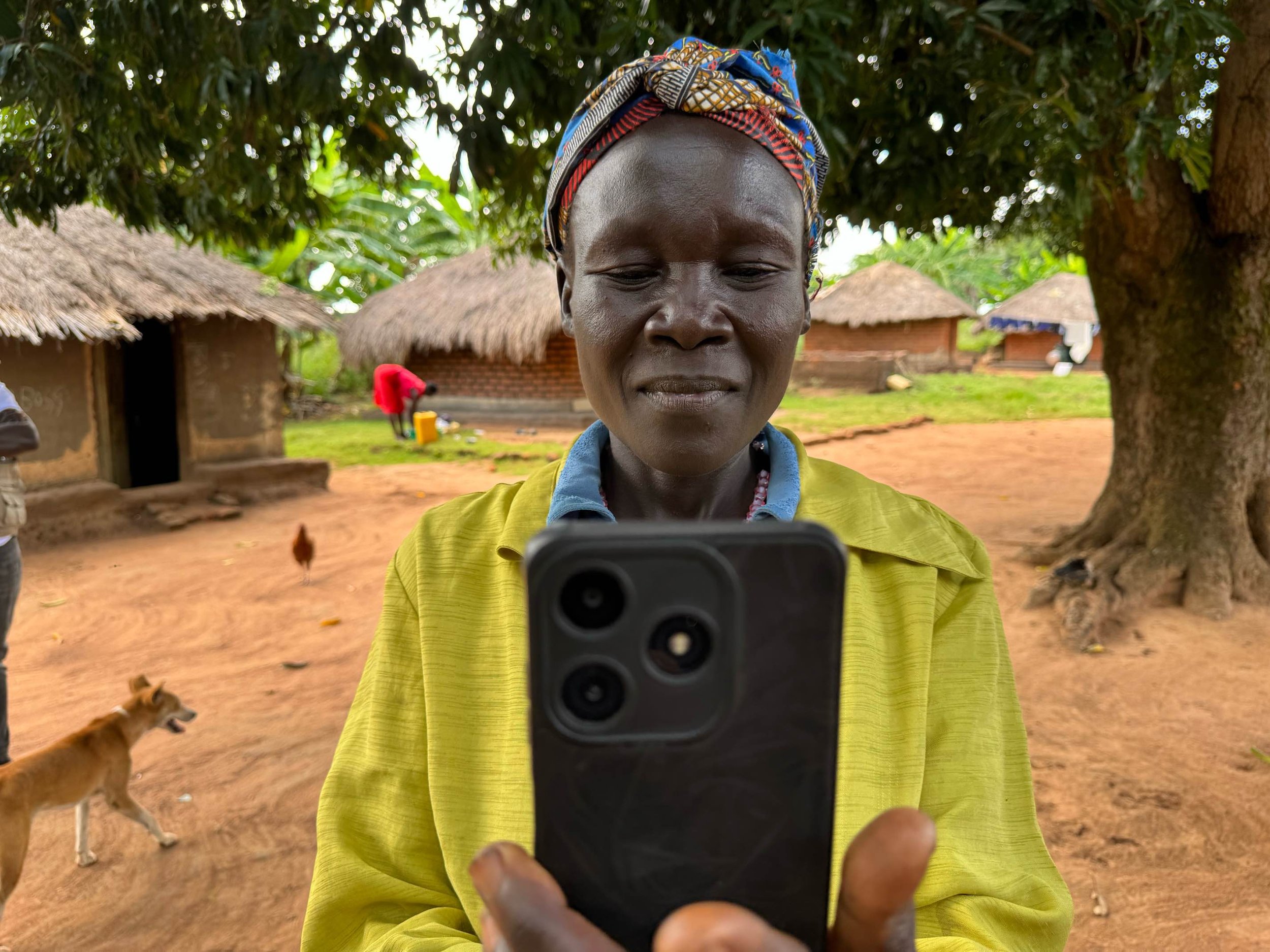
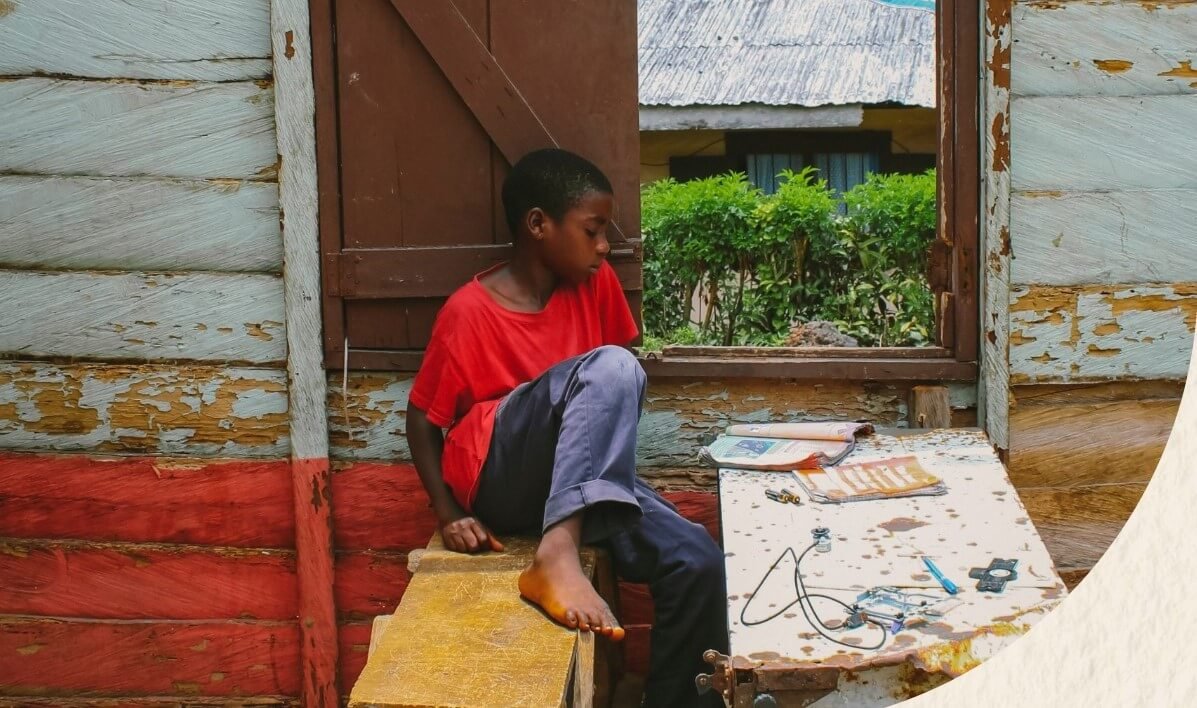

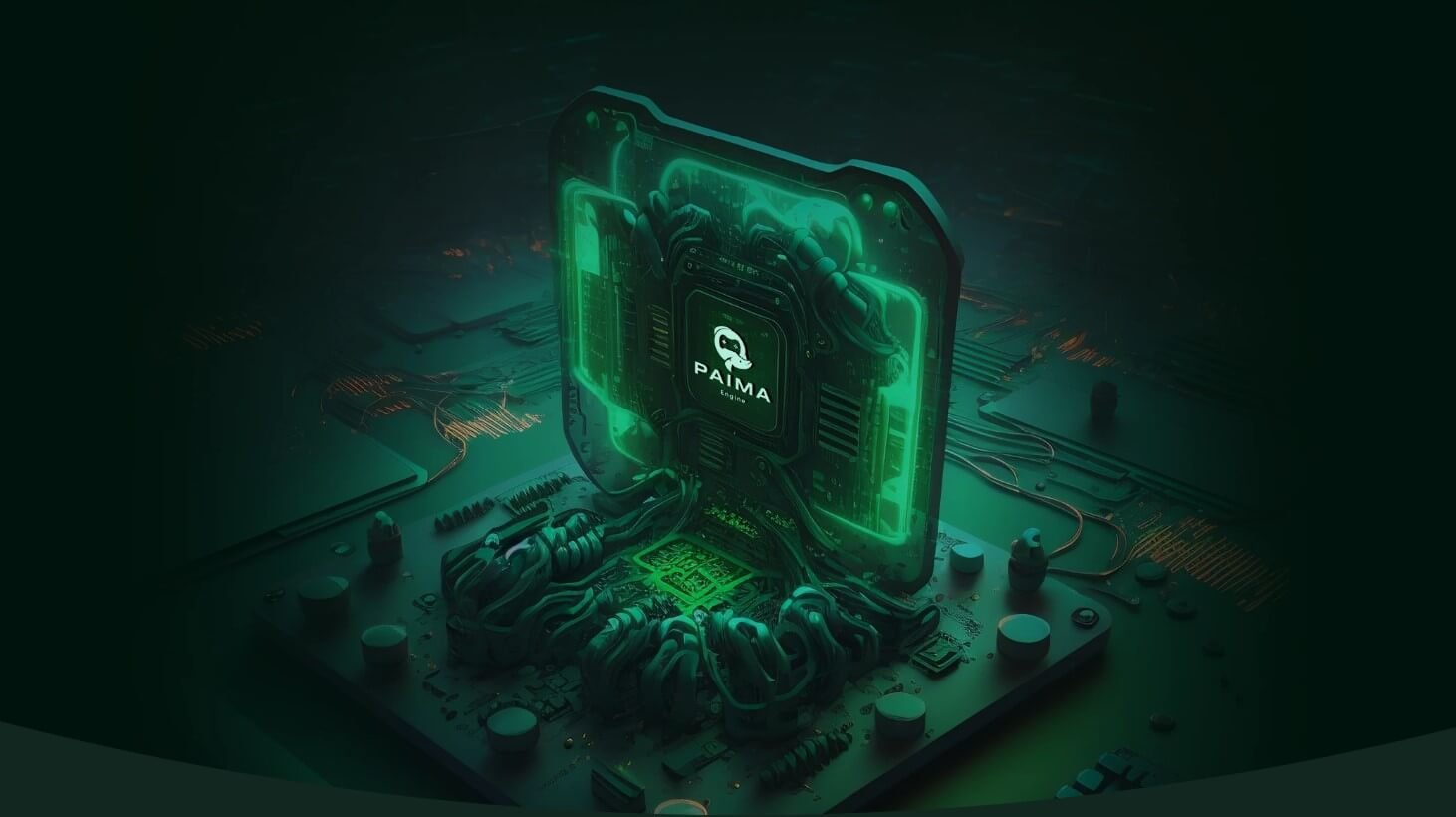
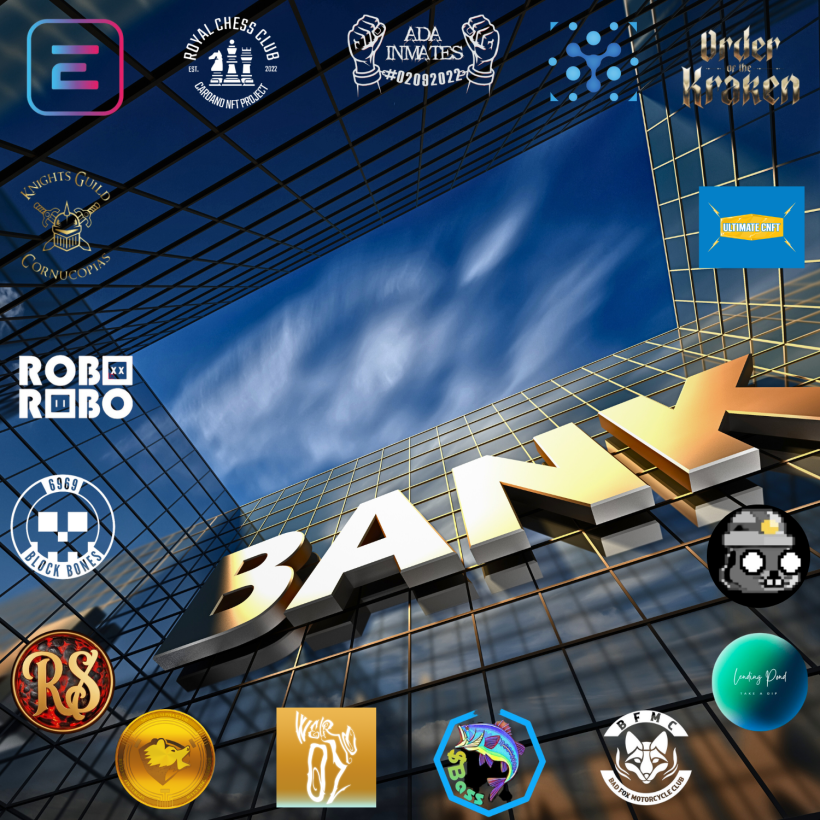
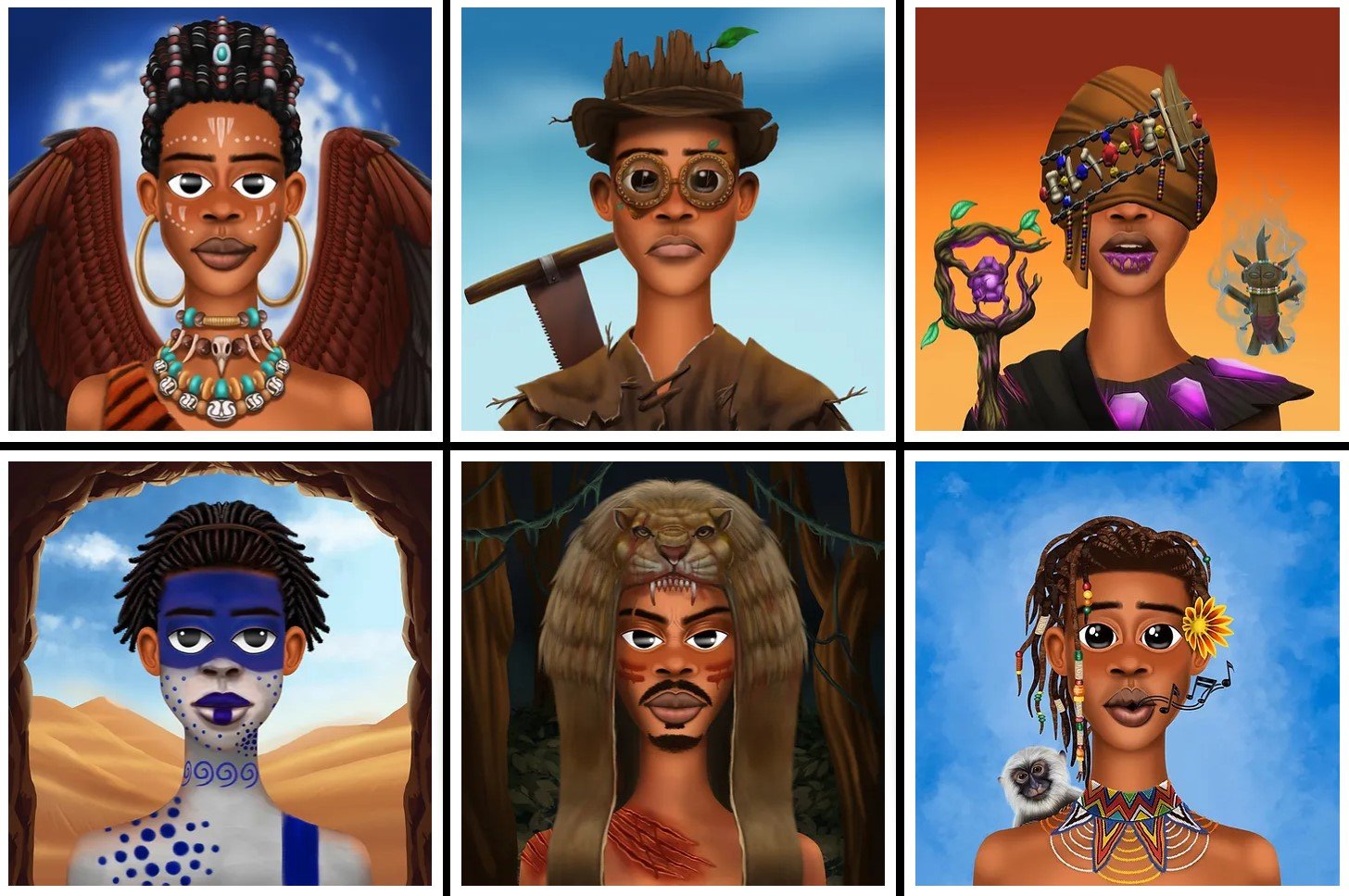
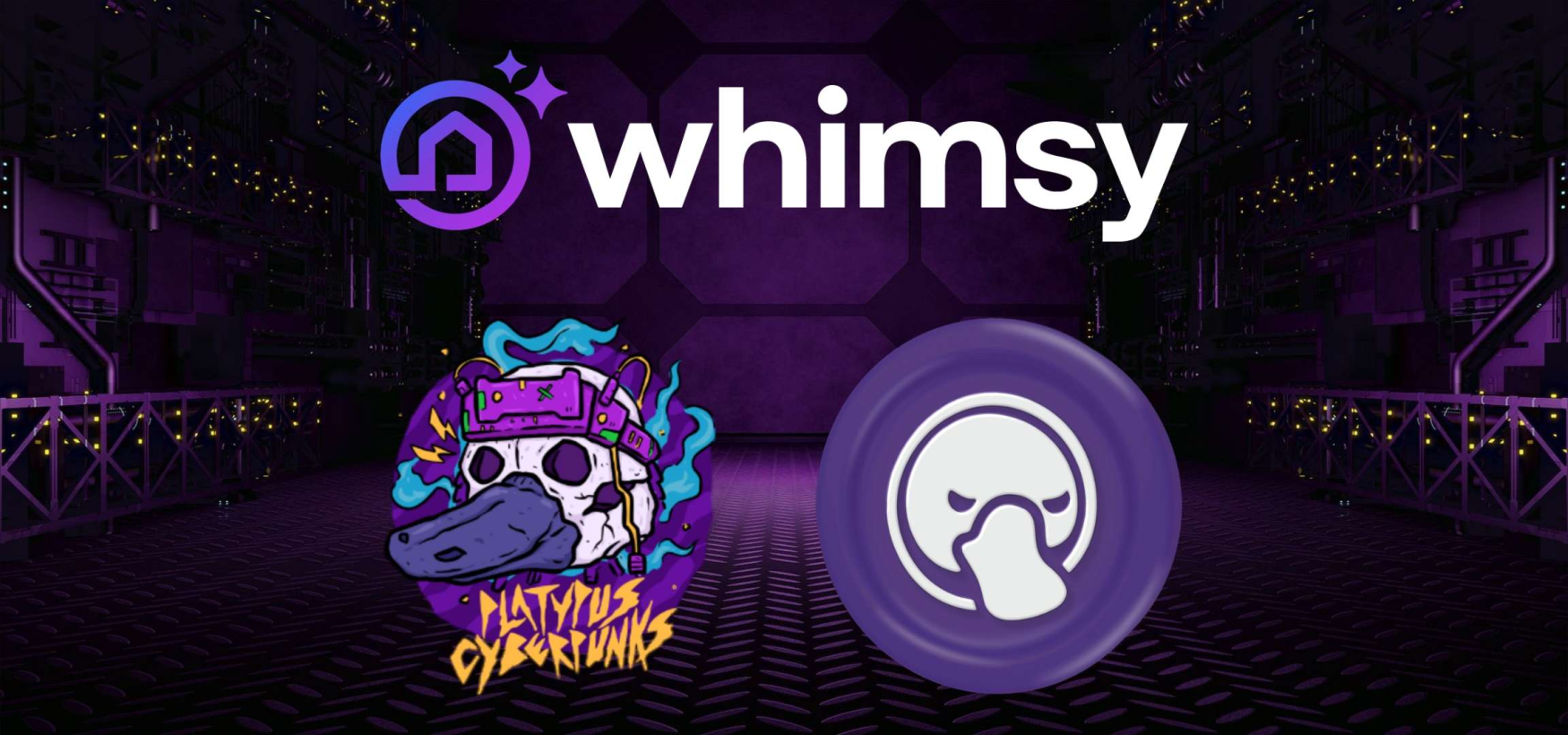
The implementation of a ‘decentralised’ all-in-one platform, where you can manage the entirety of your Cardano blockchain life could radically shake up the way we interact, for the better.